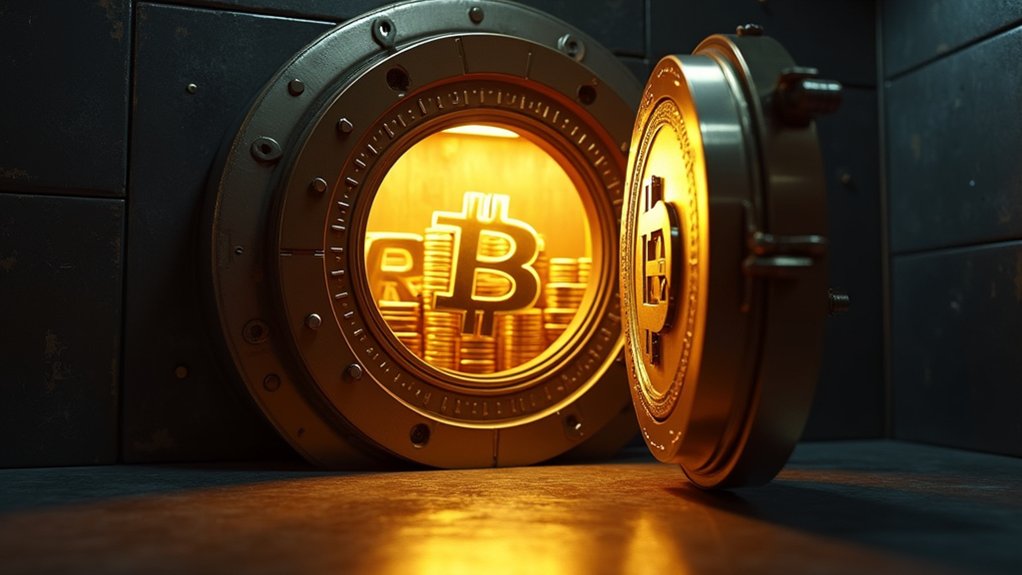As the U.S. government reveals its audacious Strategic Bitcoin Reserve, one must question, with unrelenting skepticism, whether this is visionary foresight or a reckless gamble with taxpayer trust. Bo Hines, a vocal advocate, champions this move as a bold stroke of genius, yet the Crypto Risks loom large, threatening to unravel this high-stakes experiment. With Bitcoin’s notorious Market Volatility—wild price swings that could hemorrhage value overnight—how can anyone, let alone a lumbering bureaucracy, guarantee stability in this digital casino?
The Department of Treasury, tasked with managing this so-called “digital gold,” sits on a pile of seized Bitcoin, a stash from criminal forfeitures now repurposed as a strategic asset. Proponents like Hines argue it’s diversification, a hedge against traditional financial rot, but isn’t this just a shiny distraction from deeper fiscal woes? Bitcoin’s fixed supply and security are touted as strengths, yet when markets tank, as they inevitably do, will taxpayers foot the bill for this speculative fever dream? The sarcasm drips: a government that can’t balance a budget now plays crypto kingpin—brilliant. Moreover, understanding the role of digital assets within a diversified portfolio is crucial for assessing this strategy’s viability digital assets role.
Hines insists this positions the U.S. as a leader in digital asset strategy, a first-mover in a cutthroat global race. Fine, but where’s the accountability when an Executive Order, not hard legislation, births this reserve under Trump’s pen? The President’s Working Group on Digital Asset Markets oversees, yet transparency feels like a buzzword when third-party custodians hold the keys. This reserve leverages existing government holdings of over 200,000 BTC, a significant stash from past seizures government holdings. If value appreciation is the goal, why the silence on exit strategies? Additionally, the regulatory oversight by agencies like the SEC and CFTC raises questions about compliance and enforcement in this uncharted territory regulatory oversight. The frustration mounts—citizens deserve ironclad answers, not vague promises of long-term “stores of value.” This isn’t a game; it’s public trust on the line, and the stakes couldn’t be higher. So, Hines, convince us: is this truly strategy, or just chaos in code?









